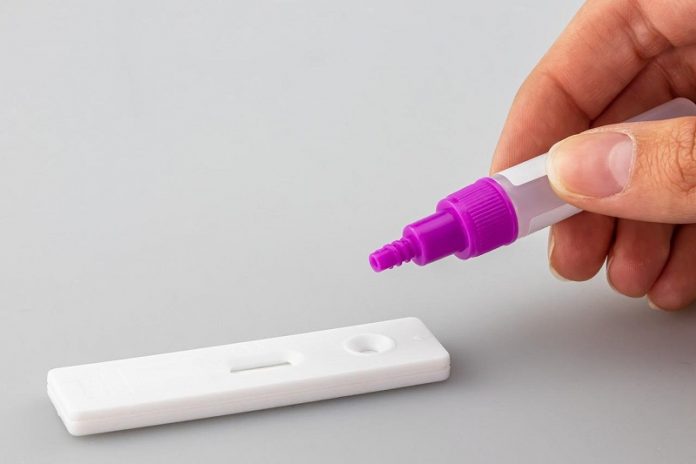
Scientists from Northwestern Medicine found many non-hospitalized COVID-19 “long-haulers” continued to experience symptoms such as brain fog, numbness and tingling, headache, dizziness, blurred vision, tinnitus and fatigue an average of 15 months after disease onset
The research is published in the Annals of Clinical and Translational Neurology and was conducted by Igor Koralnik et al.
In the study, the team analyzed patients six to nine months after their initial visit to COVID-19 Clinic.
They examined patients who had mild COVID-19 symptoms—transient cough, sore throat, etc.—and were never required to be hospitalized for pneumonia or low oxygen levels.
Of the 52 patients who completed the follow-up study, the average age was 43, 73% were female, and 77% received COVID-19 vaccination.
Most continued to experience neurologic symptoms, fatigue and compromised quality of life 11–18 months after disease onset, on average 15 months.
The team discovered heart rate, blood pressure variation and gut problems increased in so-called long-haulers, while loss of taste and smell decreased overall.
Patients reported improvements in their recovery, cognitive function, and fatigue, but the quality of life measures remained lower than the average population of the United States.
Seventy-seven percent of the patients were vaccinated for COVID-19, but the vaccine didn’t have a positive or detrimental impact on cognitive function or fatigue.
The team says vaccination didn’t cure long COVID symptoms but didn’t worsen them either, which is a reason given by some long-haulers for not getting vaccinated.
As new variants emerge and the number of patients impacted by long COVID rises, the researchers are now focusing our research on understanding the root cause of long COVID.
To date, Northwestern Medicine has treated nearly 1,400 long-haulers from across the U.S.
If you care about COVID, please read studies about why COVID-19 can trigger severe disease and death, and
For more information about COVID, please see recent studies about a new way to prevent many COVID-19 variants, and results showing lowering this stuff in your blood could lower risk of COVID-19.
Copyright © 2022 Knowridge Science Report. All rights reserved.



